What is responsible tourism
We love to travel. Travel enriches our lives on so many levels. It broadens our horizons, educates us, makes us grow as people, builds character and self-confidence, creates memories that last a lifetime, makes us more understanding and accepting of people of different nationalities, religious and cultural beliefs, puts life into perspective, makes us humble and so much more. Travel makes us happier and better people.
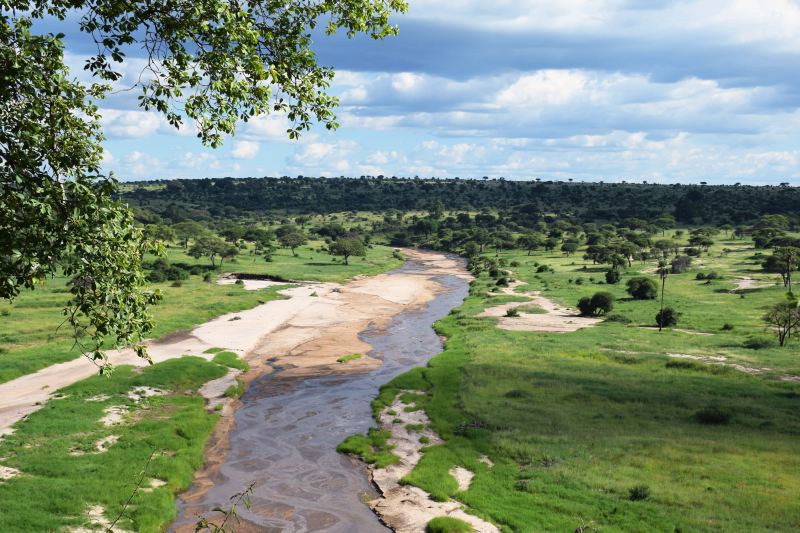
Travel is the only thing you buy that makes you richer. – Anonymous
However, tourism, sadly, often has a negative impact on a destination – environmental, social and economic. It increases pollution through traffic emissions, littering, and noise, it poses threat to a country’s natural and cultural resources, it creates seasonal and often poorly paid jobs, it causes crowding, increased crime rates and sometimes even erosion of traditional cultures and values.
Responsible tourism tries to minimize the negative impacts of tourism and to “make better places for people to live in and better places for people to visit” – with emphasis on the former. It aims to promote sustainability and regeneration of the environment and conservation of natural resources and wildlife and tries to generate economic benefits for the local community.
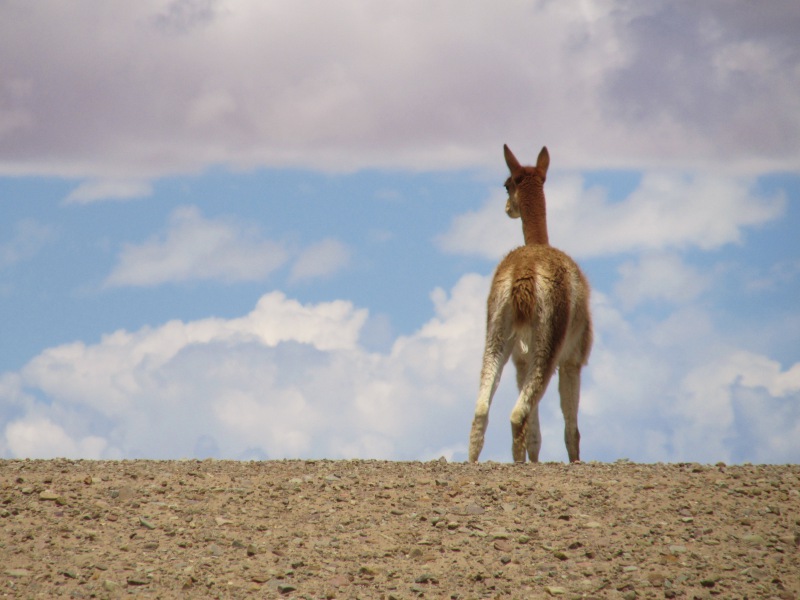
How to be a responsible traveler
Take nothing but pictures, leave nothing but footprints, kill nothing but time. – Aliyyah Eniath
When traveling, we have to do our best to leave a positive impact on the environment, the economy and society of the destination we’re visiting. Here are some tips on how to be responsible, green and ethical travelers.
1. Try to reduce your carbon footprint.
Choose sustainable airlines, take a train or a bus instead of a plane, use public transport, hire a bicycle or walk – it’s good for your health and the environment.
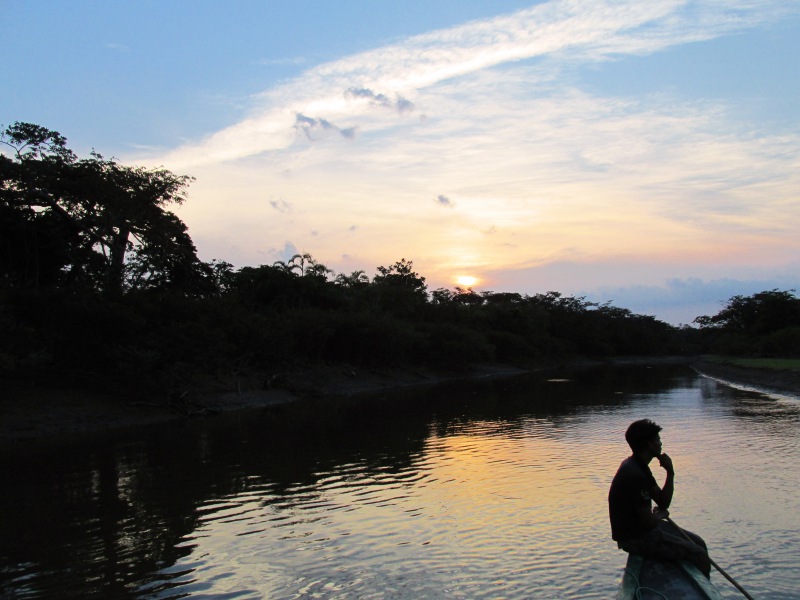
2. Protect the flora and fauna.
Don’t ever destroy the environment, don’t bother, touch or otherwise endanger the plants and animals. Respect all life.
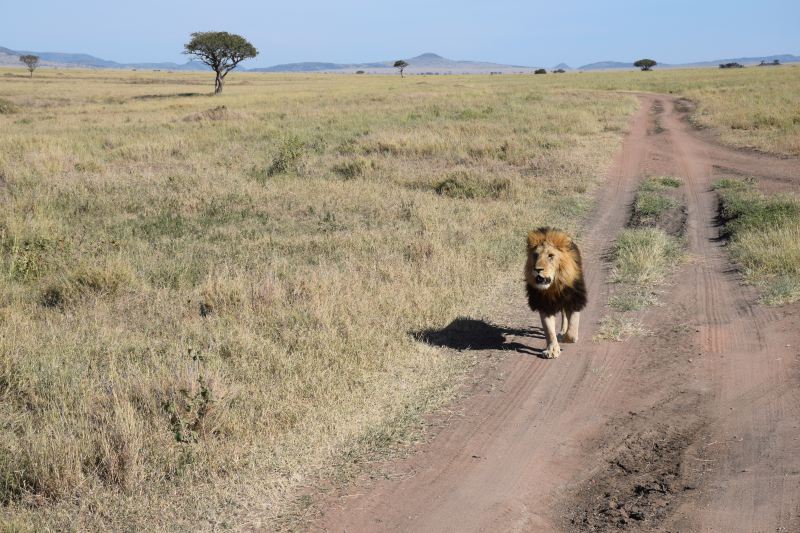
3. Use environmentally friendly products.
Use refillable cosmetic bottles, organic cosmetic products, which are good for the environment and the consumer, reusable shopping bags, a travel cutlery set – to avoid using plastic cutlery, reusable food containers, reusable water bottles, a travel water purifier, rechargeable batteries, solar-powered batteries, a menstrual cup, eco-friendly clothing and other recyclable and reusable items.
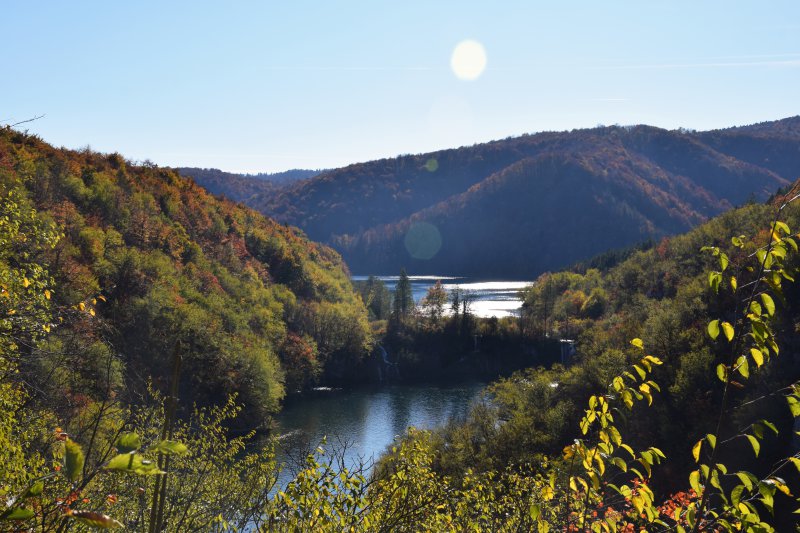
4. Minimize your waste.
Use eco-friendly products, reuse hotel towels, eat and drink in restaurants, rather than going for take-out, stay in eco-friendly, zero waste places, visit eco-friendly restaurants, choose eco-friendly travel gear, etc.
5. Do not litter.
No matter where you are or what you are doing, don’t litter – ever! Instead, consider picking up trash.

6. Recycle.
Wherever possible.
7. Use water sparingly.
Close taps properly, turn off the water while applying soap or shampoo, while brushing your teeth or shaving, reuse your hotel towel, take quick showers, take showers with your partner.
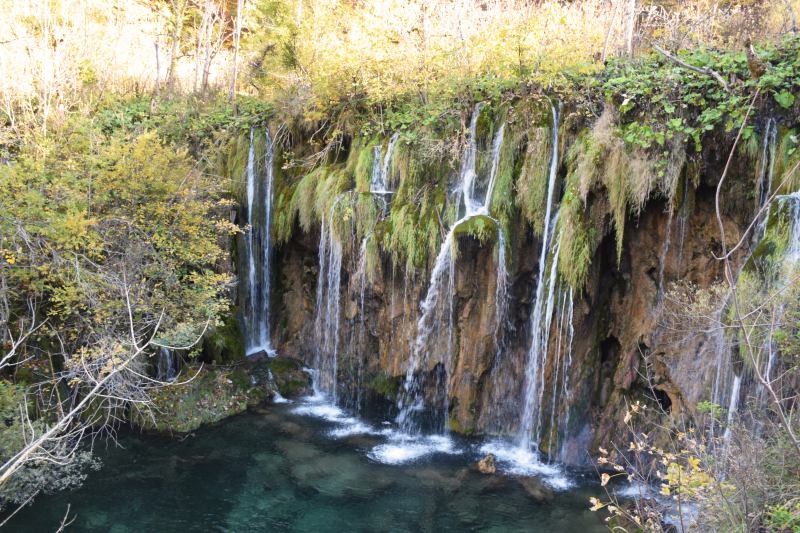
8. Choose an ethical tour operator.
Choose agencies, travel guides, and tours, that offer responsible, sustainable, eco-friendly and ethical itineraries.
9. Be careful what you buy.
Don’t buy souvenirs made from endangered or protected species (animal and plant products, such as corals, shells, ivory, turtle shells, big cat teeth, claws and jaws, rhino products, crocodile skin and snakeskin products, live monkeys, traditional medicine containing endangered species), hardwoods or ancient artifacts. Buy handmade arts and crafts instead.
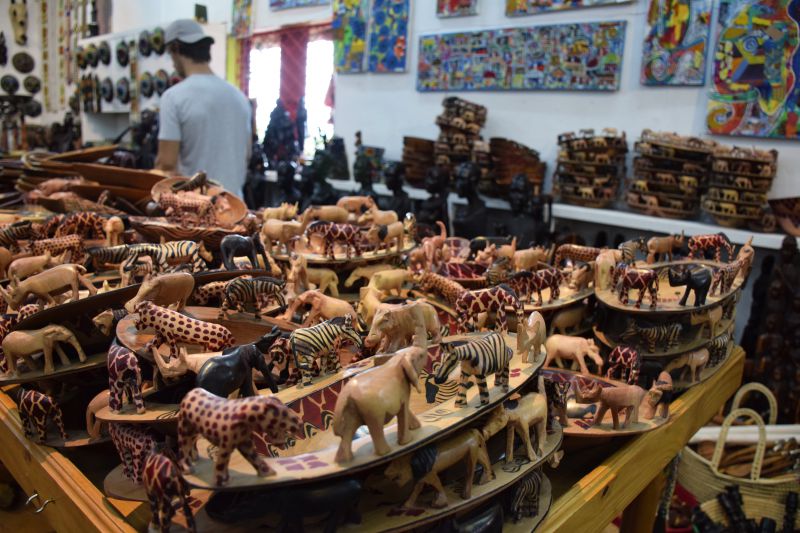
10. Do not support captive animal facilities.
Many animal facilities and attractions are unethical: wildlife performances, circuses, zoos and most wildlife parks, rodeos, stampedes, bullfighting, canned hunting, animal rides (with the exception of domesticated animals), the use of animals as photographic props, playing with wildlife, captive orcas and dolphins. Responsible travel, however, does promote wildlife sanctuaries, rescue and rehabilitation centers, centers which breed endangered wildlife and some aquariums. Read more about animal welfare issues in tourism at Responsible travel.
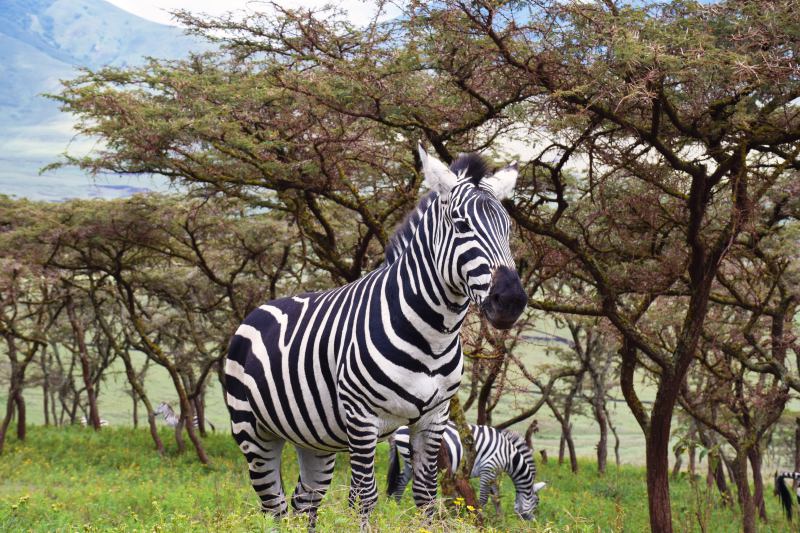
11. Support local economy.
Buy local goods, hire local tour guides and drives, eat in local restaurants, stay in locally owned hotels, be careful when bargaining – make sure not to get ripped off, yet don’t disrespect someone’s work.
12. Respect the locals, their customs, culture, and values.
Research local customs, respect them without judging, adapt to the environment and culture, learn their language – at least some basic words, don’t disturb the residents, make sure you don’t offend anyone, ask for permission before taking pictures, be polite, good-mannered and positive.
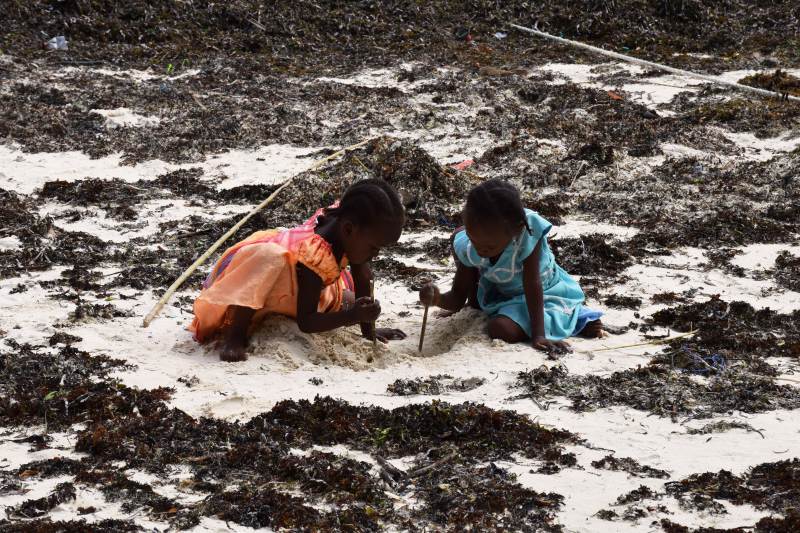
13. Support local conservation or social projects.
Combining travel and charity work is the noblest thing you can do. Ask if there are local conservation or social initiatives, that you could visit and support the local environment, the economy and society by donating or volunteering. Read more about our first charity travel at Be a Good Earthling. However, keep in mind, that giving money to beggars isn’t a good idea, as it only provides immediate relief and no long-term solution. Moreover, it fuels social inequality, encourages locals to continue asking tourists for money, instead of finding jobs, and children to drop out of schools.
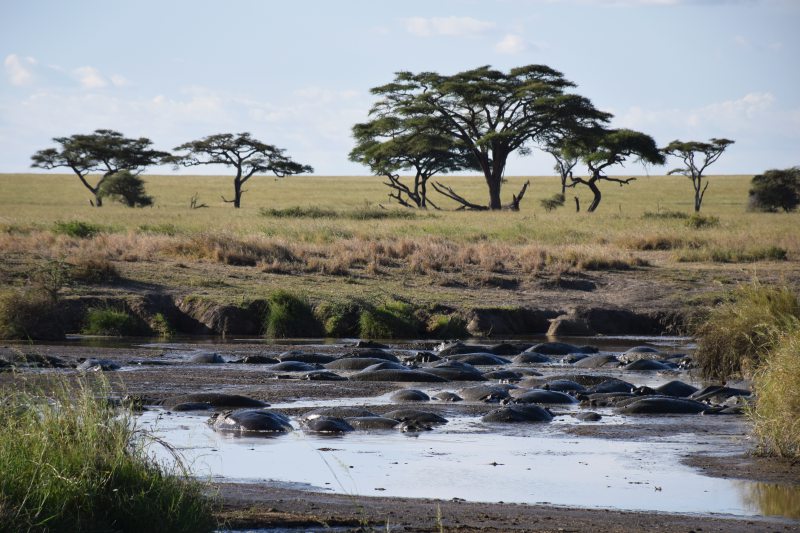
14. If you have the time, do some volunteer work.
If you could find the time to offer your knowledge and skills to help the local community, it would, of course, be highly appreciated. Just make sure not to steal jobs from the locals, not to volunteer for the wrong reasons and to volunteer with ethical organizations.
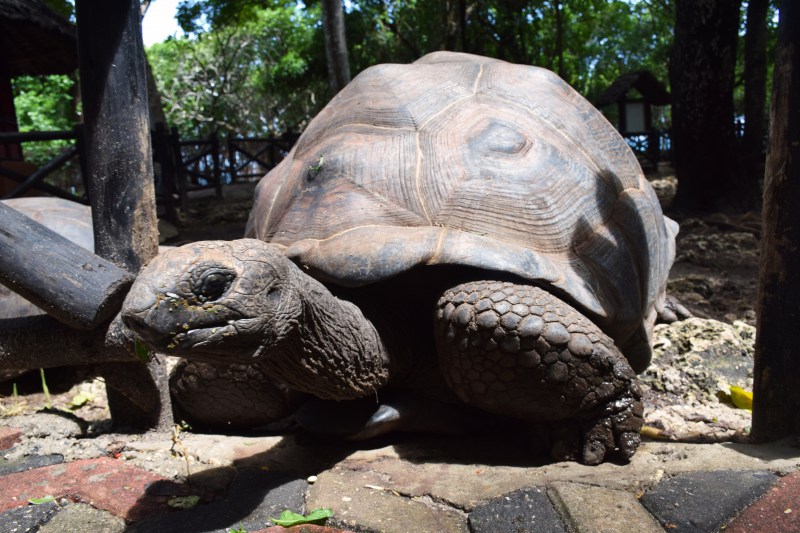
15. Encourage others to be responsible travelers.
Some people might not be aware of how our actions affect the environment, the local economy, and society. Try to educate them in a friendly manner, as education is the key to progress.

It’s our duty to preserve the Earth and all its beautiful places for future generations. Travel responsibly!
Leave a Reply